
As Rogers celebrates 115th anniversary, our longest-serving employees look back, ahead
07/21/22 03:49:pm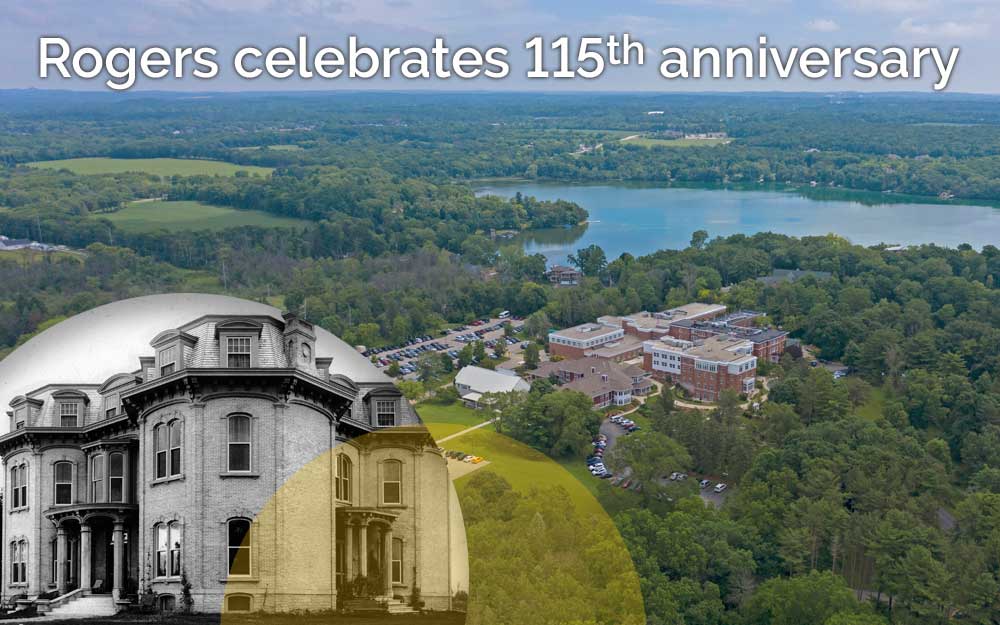
Founded by Arthur Rogers, psychiatrist, and his wife Theresa, Rogers opened in 1907 in Oconomowoc, laying the foundation for what is now one of the country’s largest, independent not-for-profit behavioral health systems. Learn more about Rogers’ history here.
To commemorate this milestone, some of our longest-serving employees – who have been here nearly 30 years – reflect on how Rogers has changed, what they’ve enjoyed the most, and what they would say to new team members.
What do you like about working at Rogers and what has made you stay?

Brad Riemann, PhD, chief clinical officer and chief operating officer, hired on April 1, 1997: What I’ve enjoyed most about working at Rogers is the incredible opportunities the hospital and our leaders have given me to really focus my passion on OCD and anxiety and to develop these incredibly unique programs. When I joined Rogers 25 years ago, we had six programs, an average daily census of 50 or 60, and mostly served the local community. Today, we have over 300 programs, we routinely serve 1,600 patients a day, and treat people all over the country and internationally (for instance, China, Egypt, Mexico, and Europe). It’s amazing how far we’ve come, and what’s also amazing is we still have the same energy and appetite to grow and serve more people.
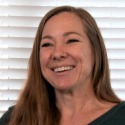
Tim Levenhagen, MD, psychiatrist, hired on April 1, 1997: I love working with the psych techs and the nurses and all the other frontline people here at Rogers. In my 28 years, I have seen many co-workers who were absolutely outstanding at what they do – and made me want to STAY in order to be a part of it.
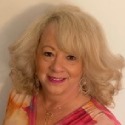
Kathleen Strieter, senior managed care coordinator, hired on August 7, 1995:
Opportunity. It’s never looked like a career as much as an opportunity to feel spiritually, emotionally, and intellectually fulfilled while at the same time helping support my family.
Experience. I thrive on learning and supporting others. Whether that is a patient or coworker or any task at all. I have been able learn so many different jobs within this hospital.
Rogers’ mission is my mission. Roger’s mission, vision, and values attracted me, and Rogers Behavioral Health Foundation is one of the best embodiments of the compassion and respect espoused in the vision statement.
The People. I have found a deposit of rare gems at Rogers. Some of the most brilliant, humble, and kind people I have ever had the fortune to know. I am so grateful!
What are some of Rogers’ biggest achievements during your time here?
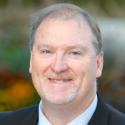
Barb Williamson, house supervisor, hired on March 1, 1993: Most of us have known someone, maybe a family member or friend, who has struggled with depression, addiction, or other behavioral health issues. It can be a very desperate feeling trying to find help for someone you love. I am grateful Rogers is here to provide that help. Rogers has met that challenge with the expansion and implementation of new programs across the country.
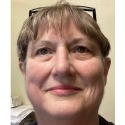
Lisa: The progress in treatment modalities that we use such as CBT [cognitive behavioral therapy] and ERP [exposure and response prevention]. The growth in expertise in the treatment we provide has been impressive. When I first started here, we did not even have a code system and now to see a cohesive organization in so many ways shows great progression.
Jill: I played an active role in opening our West Allis location and was an RN on the child and adolescent unit for many years. It has been amazing to watch Rogers’ growth over the last 27 years and to see the increasing number of patients we are able to serve!
What have been the most memorable moments to you personally?
Lisa: The extreme changes our patients have gone through. The patient who could not walk or feed herself due to OCD who is now in school to be a therapist. The girl with social anxiety who had a blanket over her head for a week and tore up all her clothes who came back to help admit her brother for treatment and to see the retained skills she had and her being a mentor for her brother.
Molly: I have really enjoyed working with the residents and their families. On admission day being able to put the parents at ease so they can leave their children in our care is very rewarding. I can’t speak about memorable moments without mentioning the great co-workers I have been blessed to work with over the years. So many talented people and such great teamwork.
Dr. Riemann: When we opened OCD and Anxiety Adult Residential Care in February 1999, that’s when we began to establish ourselves as a national leader in treatment. Buying the hospital in West Allis for our second location was a big deal, Pat Hammer coming here as president and CEO was a difference maker for me personally, and opening our first clinic outside of Wisconsin in Tampa was significant. We joked that we are OCD treatment providers, but we were really anxious ourselves about leaving Wisconsin – it was our comfort zone.

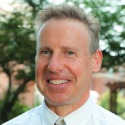
Susan Benzine, residential care specialist, hired on September 23, 1996: On my first day of work, a huge buck jumped over the hood of my truck. That was my intro to Rogers’ wildlife. Through the years working here, I have witnessed some of the biggest bucks around.
What are you most looking forward to at Rogers?
Barb: I am certain Rogers will continue to grow. We have an amazing, impressive staff! We are all unique but somehow bring it all together to benefit our patients. It is truly a team effort.
Dr. Riemann: I believe our best days are ahead of us. If we all bind together, we have a unique opportunity to make Rogers a very special place. What excites me about coming to work every day is our opportunity to change the field clinically and from a research perspective.
Linda: The element of surprise where Rogers is heading in the future.
Molly: Looking forward to still being at Rogers until I retire!
What would you say to someone who is thinking about joining Rogers?
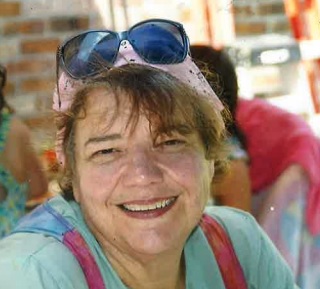
Linda: Rogers is a wonderful teaching facility to learn the cutting-edge treatment in mental health. The programs are excellent and successful to treat a variety of issues.
Dr. Riemann: Come on board! It’s an exciting place to be, and Rogers provides tremendous opportunities to have a long, successful career.
Barb: There are many opportunities for advancement, and the support is here to help you reach your goals.
Dr. Levenhagen: If the last 30 years is any indication, Rogers is going to continue to be more and more a part of the mental health fabric of this country. You might want to be a part of it.
Molly: I would tell anyone who wants to work here that the secret really is to leave your home life at home and leave your work life at work. I would also tell them to get to know your residents, form that therapeutic relationship with them, and be real.
Lisa: If you are passionate about mental health, this is the place to work, learn, and grow.
Congrats and thank you to all our long-serving employees, more of which include:
- Kim Zimmerman, lead environmental service specialist – 29 years
- Steve Draghicchio, clinic assistant – 28 years
- Todd Nelson, care advocate – 27 years
- Mark Rossing, MD, medical director, OCD and Anxiety Adult Residential
Care – 25 years
Rogers fun facts
- 115: Number of years Rogers is celebrating this year
- Over 1 billion: Item-level data points in the Rogers Online Assessment System (ROAS)
- 3,444: Miles between the Miami and Seattle clinics
- 2,385: Full-time employees today – up from 421 in 2002
- 85: Percent of annual donations from grateful patients and families
- 5,000-plus: Children, adolescents, and adults who received treatment in 2021 for OCD and anxiety at Rogers, the world’s largest OCD treatment provider





